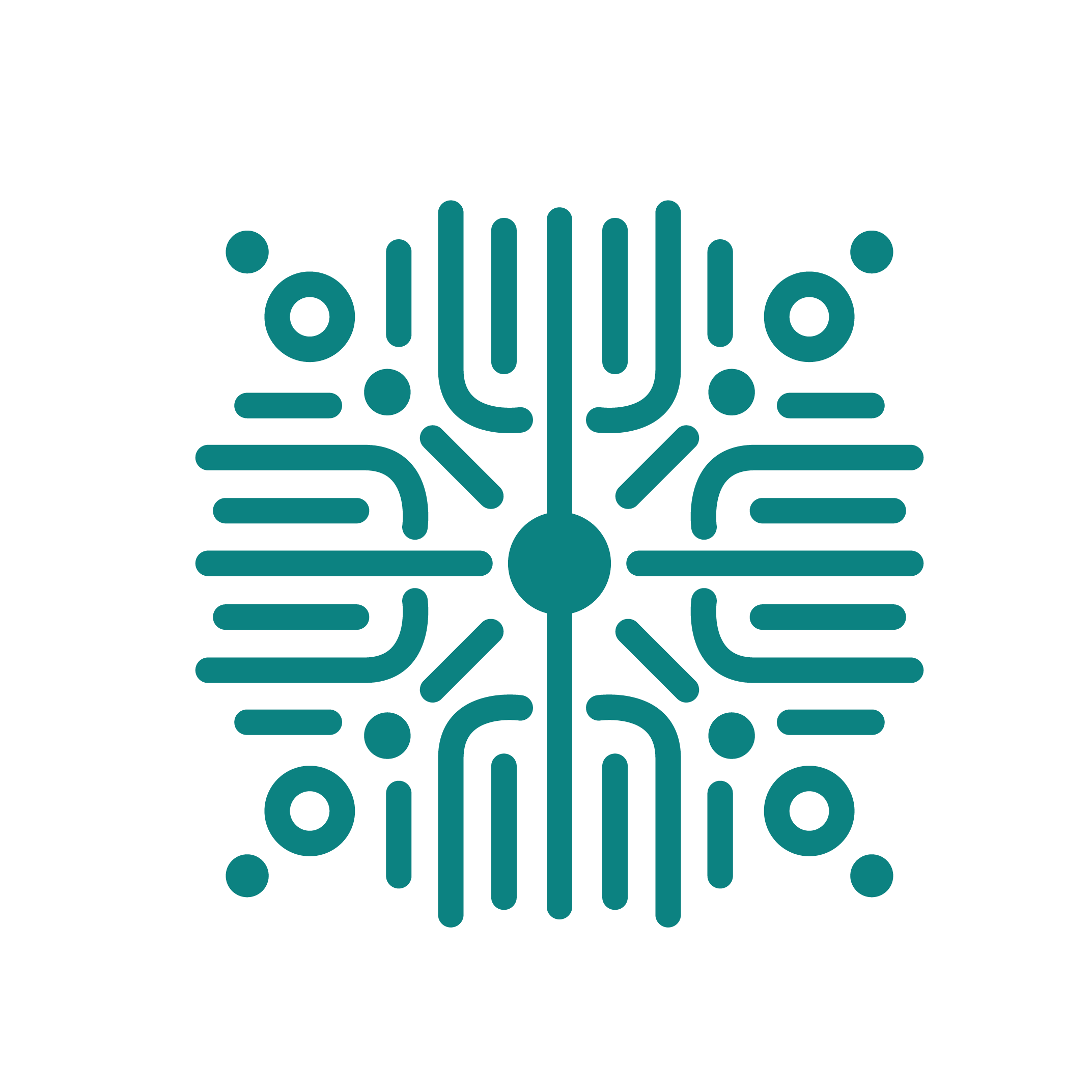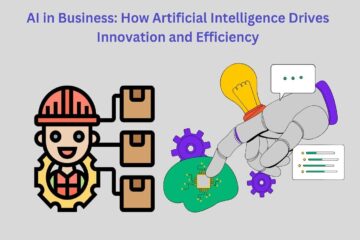
AI for customer service
In today’s fast-paced digital world, where customer expectations are higher than ever, businesses are turning to innovative solutions to stay ahead—and that’s where AI for customer service comes in. From streamlining support processes to delivering personalized experiences at scale, artificial intelligence is revolutionizing the way companies interact with their customers. But what does this transformation really look like, and how can it benefit your business? In this article, we’ll dive into the game-changing applications of AI for customer service, explore key advantages, and discuss how this technology is shaping the future of customer engagement. Whether you’re a business owner, a customer service professional, or simply curious about AI’s potential, this guide will help you navigate the exciting possibilities of this rapidly evolving field. Let’s unlock the power of AI in redefining customer service excellence.
Table of Contents
- AI transforming customer support through personalization
- Enhancing efficiency with AI-driven automation
- Balancing human touch and AI in customer interactions
- Future-proofing your customer service with scalable AI solutions
- To Conclude
AI transforming customer support through personalization
Personalization has always been a cornerstone of exceptional customer service, but AI is elevating it to unprecedented levels. By analyzing vast amounts of customer data, AI-driven tools can tailor interactions to individual preferences and past behaviors. For instance, AI-powered chatbots can identify returning customers, recall prior concerns, and offer tailored solutions without them needing to repeat information. This level of customization not only improves efficiency but also fosters stronger brand loyalty by making customers feel truly understood. Technologies like Natural Language Processing (NLP) ensure communication feels human-like while seamlessly adapting to customer tones and queries.
Moreover, AI is enabling predictive personalization by anticipating customer needs before they even articulate them. Consider a retail brand that uses AI to recommend products based on browsing history or an airline chatbot that proactively updates travelers about gate changes. These AI systems enhance not only direct interactions but also post-service experiences through personalized feedback or special offers. Research shows that businesses leveraging AI for customer support see a 20-40% increase in customer satisfaction (McKinsey). Such advancements underscore the pivotal role AI plays in creating seamless, personalized service journeys from start to finish.
Enhancing efficiency with AI-driven automation
AI-powered automation is reshaping customer service by eliminating repetitive, time-consuming tasks, enabling human agents to focus on more complex interactions. For example, chatbots and virtual assistants can handle basic queries, such as FAQs or order tracking, through natural language processing. This ensures customers receive quick responses while employees tackle higher-priority issues. Tools like AI-driven ticket routing also streamline workflows by assigning tasks to the right team members based on complexity and urgency, reducing response times and improving productivity.
Beyond task delegation, automation systems also continuously analyze customer interactions to optimize processes. For instance, AI can detect patterns, such as frequent product-related complaints, and automatically suggest adjustments to improve resolution strategies. Moreover, by integrating AI with tools like CRM platforms, businesses can auto-update customer profiles in real-time, allowing agents to access essential information without manual effort. According to Deloitte, organizations that leverage AI-based automation experience a 20% increase in operational efficiency, paving the way for sustained growth. For more on this, explore our recent post on real-time insight tools.
Balancing human touch and AI in customer interactions
While AI-powered tools offer speed and efficiency, they must complement–not replace–the empathy and creativity of human agents. Whether it’s a chatbot providing quick responses or a virtual assistant resolving technical issues, customers often crave the reassurance of a human connection when situations become complex or emotional. Striking the right balance requires placing AI where it excels—handling repetitive, data-driven tasks—while allowing human agents to focus on scenarios that demand sensitivity or nuanced understanding.
To achieve this balance, businesses can design workflows where AI operates as a first responder, gathering context and routing inquiries intelligently. For instance, a customer-facing chatbot could narrow down an issue to a shortlist, then seamlessly pass it to a human agent for resolution. This ensures customers don’t feel lost in an automated loop. Moreover, equipping human agents with AI-driven insights—like historical purchase data or sentiment analysis—can empower them to craft more personalized and effective responses. As recent studies from McKinsey Digital suggest, this kind of cooperation between humans and AI not only enhances customer satisfaction but also builds trust. By keeping both efficiency and empathy in focus, businesses can refine their approach to customer service without sacrificing one for the other.
Future-proofing your customer service with scalable AI solutions
Adopting scalable AI solutions allows businesses to remain adaptable as customer expectations continue to evolve. Unlike rigid systems, AI technologies can adjust dynamically to fluctuations in customer demand and operational capacity. For instance, a conversational AI platform can handle real-time spikes in customer inquiries without compromising response times or accuracy. This scalability ensures that your service levels remain consistent, whether you’re responding to routine questions or managing unexpected surges during seasonal peaks. Furthermore, machine learning algorithms enable personalization at a massive scale, helping your business foster stronger customer relationships while maintaining operational efficiency.
Investing in AI also enables long-term flexibility and growth. By integrating AI-powered tools such as recommendation systems, predictive analytics, and smart chatbots, organizations can future-proof their customer service operations. These tools not only streamline interactions but also unlock detailed insights that help refine customer experiences. Consider the ability to forecast customer needs based on past behaviors—this is no longer a competitive advantage but a business necessity. Platforms like OpenAI’s GPT models have set benchmarks for meaningful, context-driven communication, empowering businesses to take a more proactive approach. For more on how AI is shaping customer service strategies, explore this Harvard Business Review study.
To Conclude
the fusion of AI and customer service is transforming the way businesses connect with their customers. From personalized interactions to 24/7 support and seamless issue resolution, AI is no longer merely a tool—it’s becoming a critical cornerstone of modern customer experiences. Yet, as with any technological leap, the key lies in balance: leveraging AI’s efficiency while preserving the human touch that builds trust and loyalty. In this ever-evolving landscape, businesses that can harness the power of AI responsibly and creatively will not only meet customer expectations but redefine them. After all, in the art of service, it’s the perfect harmony between innovation and empathy that truly resonates.












